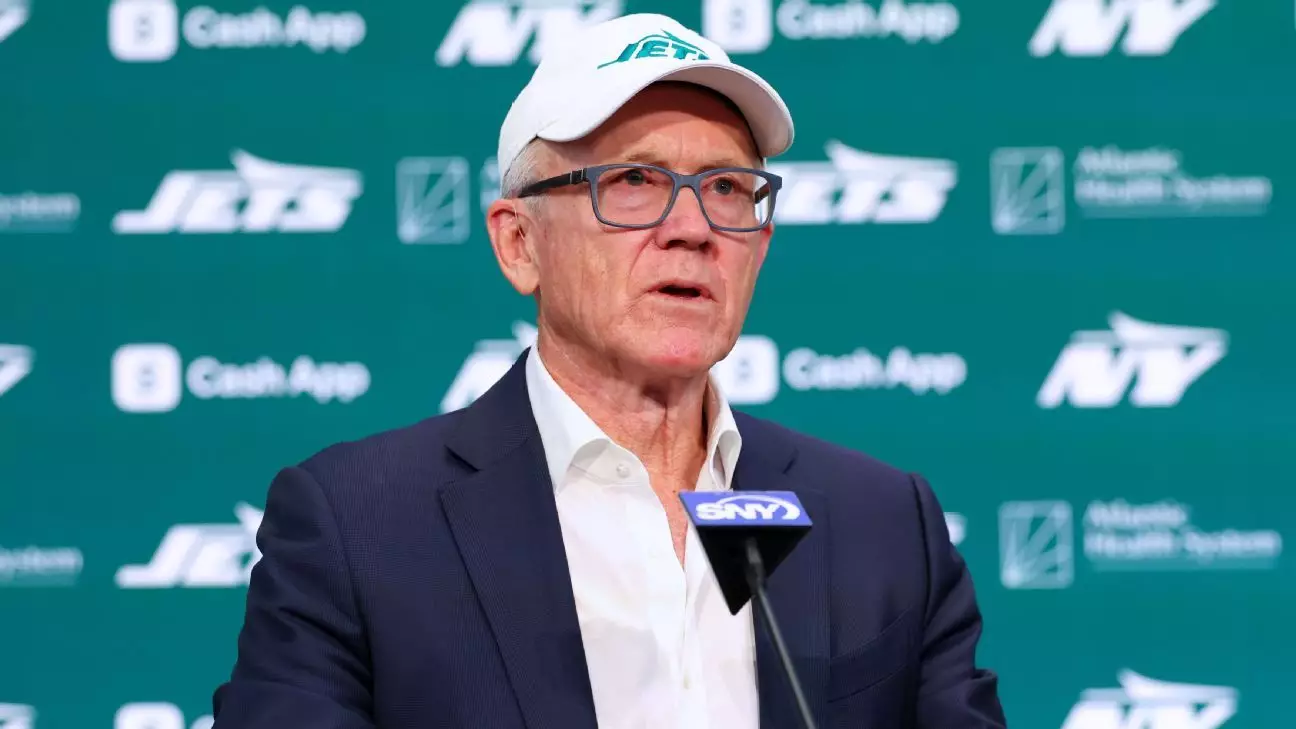In a surprising turn of events within the world of soccer, Woody Johnson, the owner of the New York Jets, has made headlines by agreeing to a £190 million deal to acquire a 43% stake in Crystal Palace. The announcement, made by the club recently, highlights the ongoing intertwining of American investment in European football. This venture marks Johnson’s significant leap into a league brimming with competitive fervor and global appeal, suggesting that he aims to leverage this position for both economic gain and personal enrichment within the sport.
Comparative Landscape of Ownership
This intrusion into the Premier League isn’t merely about participating in a beloved English tradition; it conveys a larger narrative concerning the evolving dynamics of football ownership. Crystal Palace is amidst a unique landscape where American stakeholders, including investors like Josh Harris and David Blitzer, dominate. This suggests a shift in how clubs navigate funding, marketing, and fan engagement, reflecting broader trends toward globalization in sports. The presence of such investors raises questions about club identity and local engagement, as American owners often bring a different vision compared to traditional English ownership.
A Test of Integrity Awaits
However, the deal remains subject to the Premier League’s Owners and Directors’ Test, capitalizing on the league’s efforts to vet owners thoroughly under the Fit and Proper Persons Test. This regulatory step underscores the importance of ethical governance and the integrity of club management, essential in maintaining the loyalty of fans who are often wary of foreign ownership. Johnson’s track record as a former diplomat presents him as a respectable candidate, yet the scrutiny he faces also delves into broader debates about the suitability of overseas investments in clubs integral to local culture.
Impact on Club Futures
Should the Premier League approve the acquisition, it could usher Crystal Palace into a transformative era, particularly with aspirations to secure a spot in the prestigious UEFA Europa League. Winning the FA Cup places them on the cusp of European competition — a pivotal moment that could substantially augment their global profile and financial clout. However, complications persist, particularly around multi-club ownership regulations that currently hinder their leap into European competitions. With John Textor retaining stakes in Lyon, the pathway to European glory becomes complex, as UEFA stipulations about ownership complicate the landscape.
Johnson’s Personal Background
At 78, Johnson is not merely a businessman but a person with a storied background, having served as the U.S. ambassador to the U.K. His bid in the football realm, particularly his previous attempts to acquire Chelsea following Abramovich’s exit, reflects an acute understanding of both the sport and its cultural significance. Johnson’s self-identified loyalty to Chelsea complicates narratives of allegiance, raising discussions on whether personal fandom can coexist with business interests in the fiercely competitive football arena.
A New Era for Crystal Palace
With the possibility of Johnson’s acquisition transforming Crystal Palace’s financial landscape, it opens doors for strategic growth, both on and off the pitch. The forthcoming changes in ownership may signal a new chapter for the club, one that embraces innovation and competitive zeal. The combination of American investment and local legacy is a powerful blend that could ultimately define Crystal Palace’s future trajectory in one of the world’s most watched sporting leagues. This evolving narrative compels stakeholders to reassess what it means to belong in the spirit of football, as club identities face new tests in an ever-globalizing marketplace.

